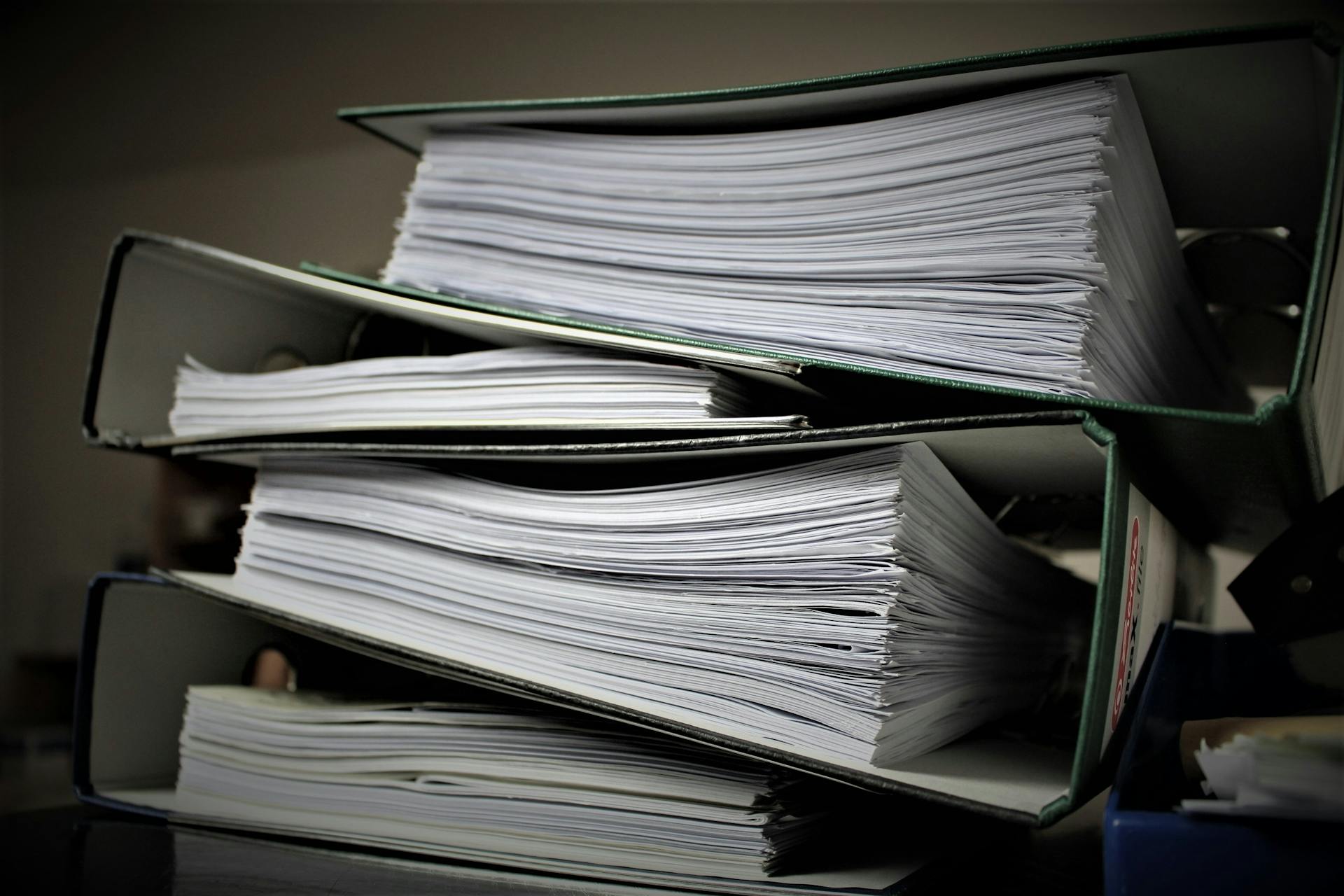
The rise of remote work and hybrid workspaces might have changed the way we handle documents, but it didn’t change the responsibilities and requirements that come with them.
Nowadays it’s not unusual for teams to work across a variety of different locations such as co working spaces, shared offices, at home or out at clients’ premises, and this means that confidential paperwork is more likely to be spread across more locations and pass through more hands.
This makes having a clear and well thought out document shredding policy even more important.
In an office it’s much easier to implement this – all papers can go into the confidential waste bins – but at home or other spaces it’s not quite as clear. Papers are much more likely to end up lying about, ending up in general waste or falling into the wrong hands.
While the risk might seem small, every time this happens it’s a potential security risk for your business, a potential data breach and all the problems that can come with it.
Having a clearly communicated shredding and document disposal policy can make sure compliance is consistent across your workforce. If your team knows how to handle and dispose of these documents, the risk to your business is decreased.
Risks of improper disposal
When these documents are put into general waste or standard recycling bins there is still a security risk. The waste in these bins is not handled in the same way as confidential waste and the contents can easily be mislaid. Once information leaves your control,you can’t see where it ends up or who sees it. That can quickly escalate into a breach.
The costs of a security breach to your business are well documented. Not only are there the financial costs involved with fines and legal fees, but security breaches can have a massive impact of your reputation, and how your clients perceive you.
Once clients start questioning whether their data is safe with you they are less likely to engage as it could put their own security and reputation at risk.
A proper shredding policy can protect you from the financial and reputational damage.
What documents need to be shredded
It’s useful to think about what information could do harm to your business or your customers if it somehow managed to fall into the wrong hands. If the documents have names, addresses, phone numbers or emails, this information should be treated carefully and destroyed once it isn’t needed anymore.
This information will be present on a lot of company information, think quote forms, invoices, customer forms etc.
HR is also another area that needs extra precaution as most of the information handled here will be sensitive. Payroll reports, interview information, performance notes should all be securely destroyed.
A lot of areas that may not seem too sensitive should still be processed correctly, marketing or business strategy meetings often produce a lot of documents that while might not be a security risk, still might contain valuable information which you would not want getting out of your control.
What are the shredding options
For most businesses, a combination of secure collection and drop off shredding service works. For hybrid and remote teams, that model can be extended to include the home. Staff can be supplied with shredding bags or small consoles that are collected on a schedule or dropped off on demand.
For teams that produce larger volumes at the office, on site mobile shredding is efficient. A specialist vehicle shreds the material and you receive proof of destruction. For employees who rarely print, periodic purge collections work well. They gather material over several weeks, store it securely, and drop it off when a threshold is reached.
A coordinated approach
Keeping the approach consistent across the teams is important. If you clearly detail the process to your employees then they will be well aware of what they need to be doing with any sensitive documents.
Define what needs to be shredded, then detail who is responsible and how often the shredding process needs to be carried out. Make sure it is detailed in plain language and place it alongside you in office or remote work policy.
New starters should be briefed on the process, and it’s a good idea to have a refresher every year to ensure data privacy is at the forefront of everyone’s mind.
The goal should be to make the process a routine and not a one off project that staff carry out when it suits. If you implement this correctly your business will be much better protected from data breaches and reputational damage.
If you’re looking for somewhere to drop off your secure shredding we can help. Get in touch with us or drop in to one of our locations where our staff will be happy to assist you with your shredding needs.
Latest news articles



